Mozambique: Government approves Ressano Garcia International Road Freight Terminal concession ...
Mozambique: Near the border with Malawi, the kwacha beats the metical. Here’s why

On the border with Malawi, the kwacha dominates [Photo: Marcelino Mueia/DW]
Mozambicans on the border between Mozambique and Malawi are unfamiliar with the national currency, and prefer the Malawian kwacha. The situation is raising concern and prompting calls for government intervention to regularize the use of the metical.
In several border areas between Mozambique and Malawi, the national currency, the metical, is little used in commercial transactions. The predominance of the Malawian kwacha in commercial exchanges has raised concerns among residents, who are calling for government intervention to regularize the situation.

In the districts of Morrumbala, Milange and Molumbo, in the north of the province of Zambézia, it is common for Mozambicans to go on for years without as much as seeing a metical. In some communities, there are those who have never held “a cent” of the national currency in their hands. “People don’t know about this metical,” leader of the Muzina community in Molumbo, Pressone Diquissone, says. “We try to buy products from traders, but they refuse. They don’t know about the metical, they only know about the kwacha.”
Recently, the local government tried to restrict the use of the kwacha to encourage the circulation of the metical, but the measure provoked an uproar in the town of Corumana, leading to the destruction infrastructures and forcing the authorities to back down.
Economist Edson Sualige associates the use of the kwacha with the lack of socioeconomic conditions in the border regions.
“In Malawi, the government offers services such as hospitals, which do not exist in Mozambique,” he explains. “The population is forced to go to the other side, where the currency of exchange is the kwacha. […] The metical does not buy anything. The population needs clothes, food and household appliances, which the Mozambican government is unable to provide in these areas.”

There are those who insist on the need for government intervention to promote the use of the metical. In smaller towns, the population is unfamiliar with the Mozambican currency, while in administrative posts and towns, the metical and the kwacha circulate simultaneously, resulting in financial losses in exchange rates. There are also frequent reports of scams by money changers on the streets and in markets.
“The government should support us in using the metical,” laments a local trader. “We are forced to exchange currency and we end up being scammed. We would like to use the metical because the kwacha is detrimental to our business: we buy products in meticais and sell them in kwacha… Here we only buy with kwacha, the metical is being rejected.”
Speaking at the inauguration of a health unit in the town of Muguliua, governor of Zambézia province, Pio Matos, acknowledged that that the excessive use of Malawian currency was a complex problem.
“What we have to do as a government is to continue to educate our populations so that they use our money,” he urges. “But, as neighbours, it will be difficult to prevent trade exchanges being made in both currencies.”
Edson Sualige argues that a profound reform is necessary to solve the problem: “We have to create conditions, schools, access to health care in border areas… This would help reinforce the use of the metical and better delimit the national territory.”


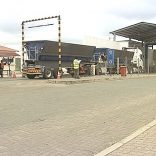
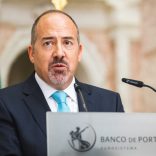
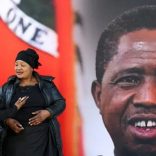
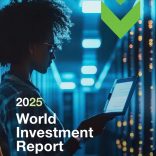

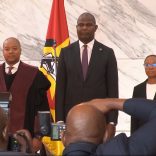




Leave a Reply
Be the First to Comment!
You must be logged in to post a comment.
You must be logged in to post a comment.